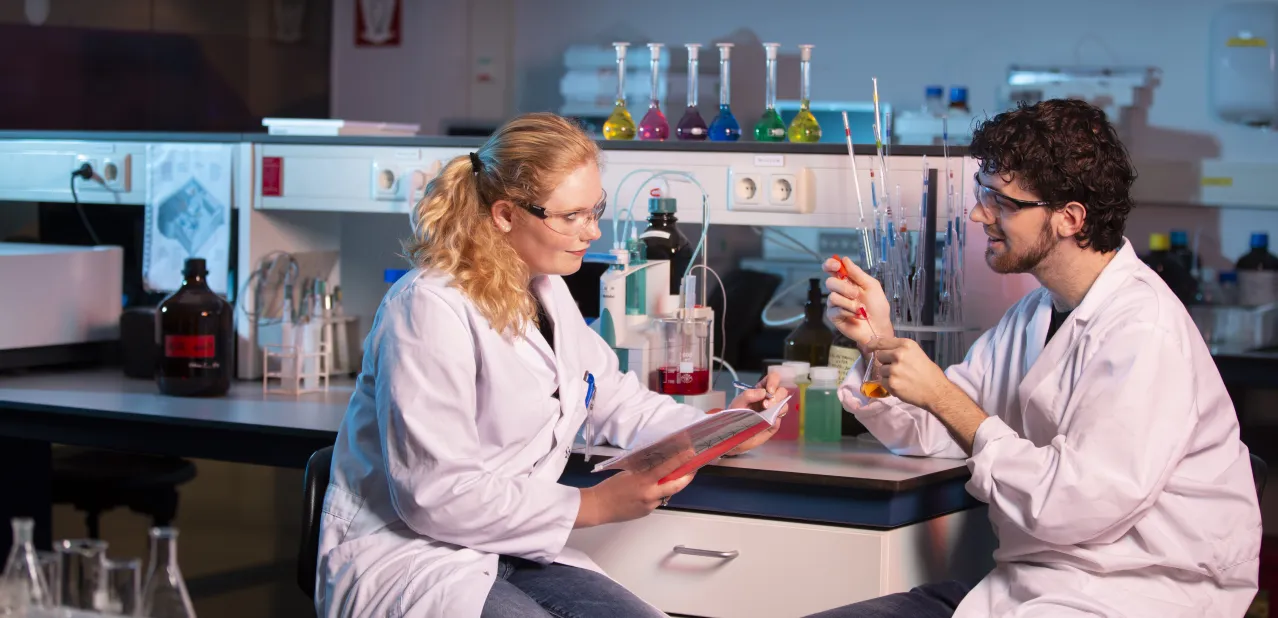
Scaling up is necessary because the water technology, chemical and food sectors are facing major societal challenges related to climate change, environmental pollution and energy transition. There is already a shortage of personnel and without action, this threatens to get worse. Moreover, innovations are needed. With targeted investments, further scaling up is now possible, allowing more students, workers and jobseekers to be trained for jobs in these sectors.
Public-private partnerships (PPPs)
Vocational education that links up with the business community is indispensable to keep the Dutch economy healthy. Since 2010, the Dutch government has therefore invested in so-called public-private partnerships (PPPs) that strengthen the connection between vocational education and business. They train young people for the regional job market, keep employees in the regional business community permanently employable through retraining and upskilling, and support SMEs in innovating. All networks within the new northern consortium are active for several years in the water technology, chemical and food sectors.
Cross-links
Jeroen Rijnhart, director of coordinator CEW: "With the awarded funding, we want to connect the three sectors in order to learn from each other. Our PPPs have cross-links in the field of raw materials, energy and circularity of products and we are working together on the green transition. To give an example, the food industry uses plastic to package food safely. This plastic must be reusable and preferably biodegradable as well. That requires the chemical sector. And to prevent microplastics from entering our water, the water sector plays an important role. By working together and investing together, the whole becomes more than the sum of its parts."
Regional support
For a successful scale-up project, the support of regional partners such as government, businesses and education is indispensable, both in the form of co-financing and in terms of content. Jeroen Rijnhart: "The three northern provinces made an important contribution in formulating the theme of our application - Green transition in water, chemistry and food - and will continue to be closely involved in the implementation in terms of content in the coming years."
National Growth Fund
The 'Subsidy for Scaling up sustainable PPPs in vocational education' is funded from the National Growth Fund. With the National Growth Fund, the Dutch government is investing a total of €20 billion between 2021 and 2025 in projects that will ensure long-term sustainable economic growth.
Consortium partners:
Centre of Expertise Water Technology (CEW), het Centrum voor Innovatief Vakmanschap Water (CIV Water), Green PAC (NHL Stenden), Bakery Sweets Center (BSC) en Wendbaar Vakmanschap in Lerende Organisaties (WVLO).
The consortium partners are associated with the following educational institutions:
Stichting Openbaar Voortgezet Onderwijs Fryslân-Noord (OVO), Friesland College, Aeres MBO Leeuwarden, NHL Stenden Hogeschool, Van Hall Larenstein.



